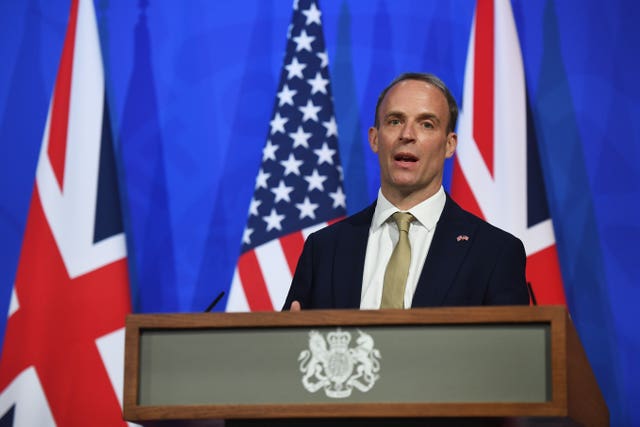British researchers say the world’s production of solar panels is being fuelled by forced labour from Uighur Muslims in the Chinese province of Xinjiang.
An investigation by Sheffield Hallam University says some 45% of the world’s supply of a key component in the panels – polysilicon – comes from Xinjiang and is obtained through a vast system of coercion involving the Uighur ethnic minority.
In Broad Daylight, the report from the university’s Helena Kennedy Centre for International Justice, says the world’s four biggest panel manufacturers use polysilicon tainted by forced labour, and urges producers to source the substance from elsewhere.
It cited an official Chinese government report published in November which documented the “placement” of 2.6 million “minoritised” citizens in jobs in farms and factories in Xinjiang and elsewhere in the country through state-sponsored “surplus labour” and “labour transfer” initiatives.
“However, significant evidence – largely drawn from government and corporate sources – reveals that labour transfers are deployed in the Uighur Region within an environment of unprecedented coercion, undergirded by the constant threat of re-education and internment.
“Many indigenous workers are unable to refuse or walk away from these jobs, and thus the programmes are tantamount to forcible transfer of populations and enslavement.”
The report said the issue was exacerbated by the fact 95% of all solar modules relied on solar-grade polysilicon, which is extracted from mined quartz.
It said all polysilicon manufacturers in the Uighur region had “reported their participation in labour transfer programmes and/or are supplied by raw materials companies that have”.

China has drawn increasing international condemnation over its treatment of Uighur Muslims, including allegations of mass detentions and human rights abuses including forced labour and the forcible sterilisation of women.
In March, the UK, US, Canada and the European Union placed sanctions on Chinese officials deemed to be responsible for human rights abuses in Xinjiang.
Foreign Secretary Dominic Raab said the abuse of the Uighur Muslims in Xinjiang was “one of the worst human rights crises of our time” and the international community “cannot simply look the other way”.






